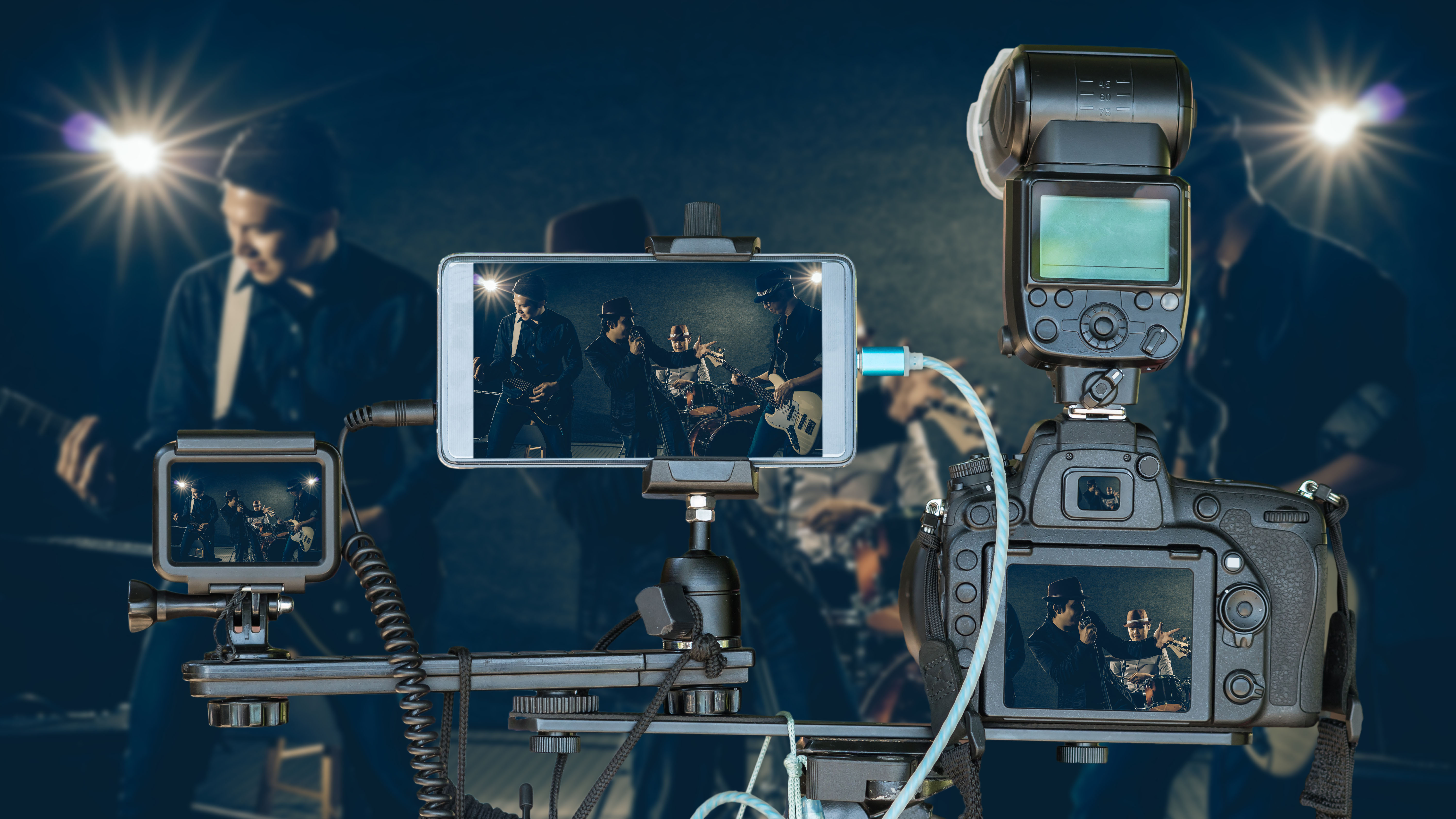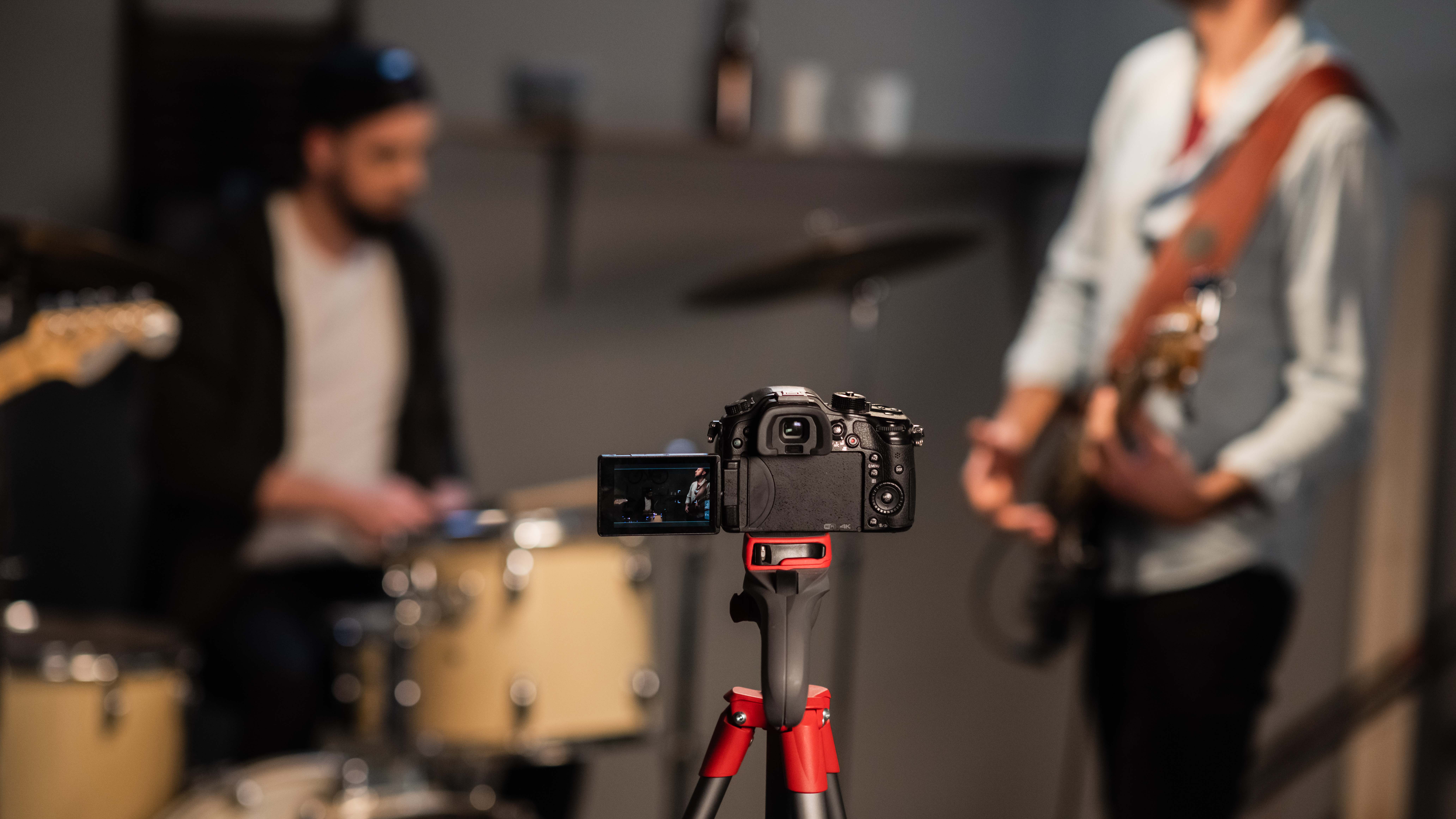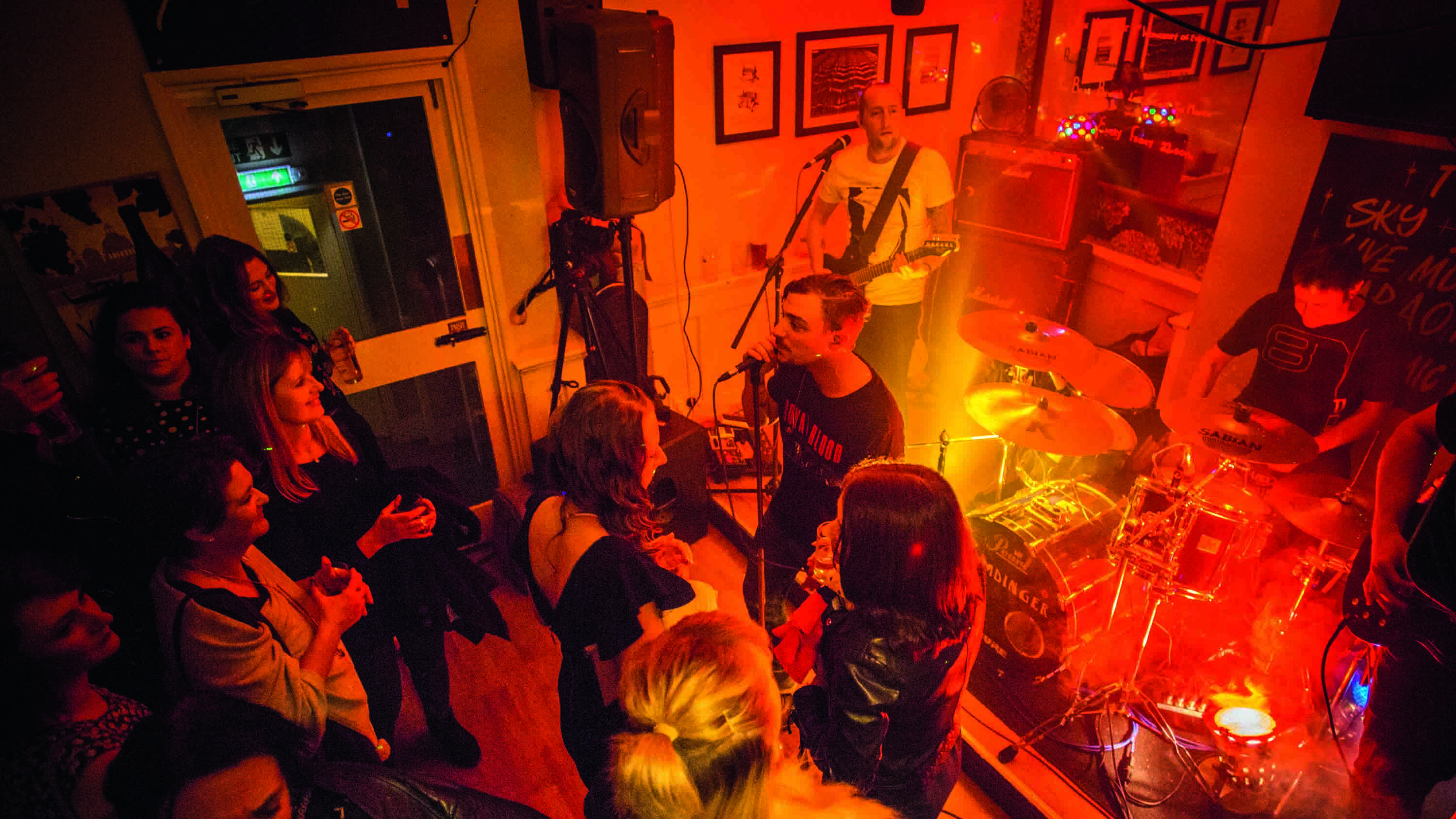"A tax in the middle of a crisis, on people who need the money" – is the new licence fee for live-streamed gigs a kick in the teeth for UK music?
PRS for Music suggest otherwise

How much more can the UK's live musicians take? Grounded by a pandemic, they can't tour. And if they want to tour in the EU they now face a world of VISA problems that reportedly could have been avoided by the government.
A temporary and essential lifeline has emerged with live stream performances where fans can support artist directly by watching them perform online. But there's a new controversy brewing in that area.
The UK's Performing Rights Society (PRS) has instituted a licence fee for ticketed small-scale live-streamed performances. And music industry organisations have pointed out an obvious problem: it's potentially going to leave artists even more out of pocket. Especially grassroots players who can least afford it.
The brouhaha began in December, when British music copyright collectivePRS proposed a tariff of between 8% and 17% of gross revenues for live-streamed events. This was even more notable as it's higher than the usual 4.2% gross takings from in-person gigs.
Furthermore, PRS announced that this tariff would be retrospectively applied to live streams that took place earlier in the year – so that includes performance from when the pandemic lockdowns began in 2020.
The PRS has also announced new flat fee for any live-streamed shows that generate less than £500 gross. Event organisers of shows with takings up to £250 will now pay the PRS £22.50 plus VAT. The fee doubles for shows grossing between £251 and £500.
If that seems harsh, there's another artist perspective to this – PRS are collecting for the non-performing songwriters and composers they also represent. Shouldn't they be compensated for the performance of their work by artists during live stream shows?
Want all the hottest music and gear news, reviews, deals, features and more, direct to your inbox? Sign up here.

The move suggests a disconnect in the industry during an intense period of hardship for musicians
A PRS spokesperson clarified to the Guardian that only musicians who are members of the PRS and international societies represented by the royalty collection agency or performers playing the works of PRS members (eg cover bands) would be required to obtain the license.
The PRS spokesperson said that it was not “seeking to prevent artists, many of whom are PRS members, from generating an income from online concerts”, but to ensure non-performing songwriters and composers “can share in the value being generated by online live concerts which are using their works”.
Many smaller scale non-performing songwriters are not registered with the PRS for royalty payments: and the Guardian quoted Music Venue Trust (MVT) analysis that suggests that only 27% of artists playing small venues are members.
Nevertheless, the move suggests a disconnect in the industry during an intense period of hardship for musicians. And the contrast between this move and the traditional tariff for in-person gigs isn't just a case of amounts; it's also who pays.

Previously, a venue or gig promoter would deduct the PRS fee from its payment to the live performer/s. But many smaller artists are now organising their own live-streamed shows out of necessity and the burden falls on them to pay where they fit the PRS criteria.
The Music Venue Trust is is a UK Registered Charity which "acts to protect, secure and improve UK Grassroots Music Venues for the benefit of venues, communities and upcoming artists.
Its CEO, Mark Davyd was clear about his opposition to the PRS's tariff. He told the Guardian: “It is a tax in the middle of a crisis on people who need the money. No venues or promoters are making money [from live-streamed gigs] – it’s for artists or for charities they care about.”
At the very least cover versions may be off the setlist of any smaller artists who are selling tickets for an online show. But with UK venues now adapting to provide live stream shows to provide support for artists while they're shut to the public, it will also be an issue for them to contend with – in addition to online broadcast and venue licence fees that tighten any limited margins they make right now.
For more information on the work of the Music Venues Trust visit musicvenuetrust.com
MusicRadar is the number one website for music-makers of all kinds, be they guitarists, drummers, keyboard players, DJs or producers...
- GEAR: We help musicians find the best gear with top-ranking gear round-ups and high-quality, authoritative reviews by a wide team of highly experienced experts.
- TIPS: We also provide tuition, from bite-sized tips to advanced work-outs and guidance from recognised musicians and stars.
- STARS: We talk to musicians and stars about their creative processes, and the nuts and bolts of their gear and technique. We give fans an insight into the craft of music-making that no other music website can.
